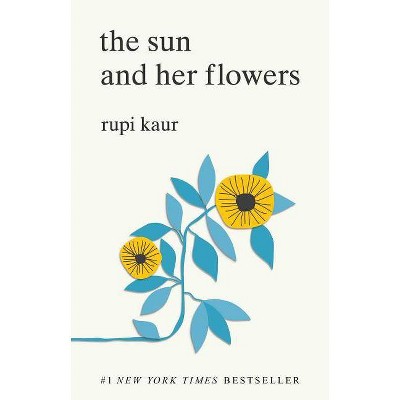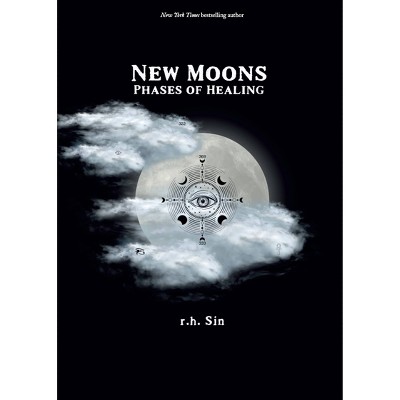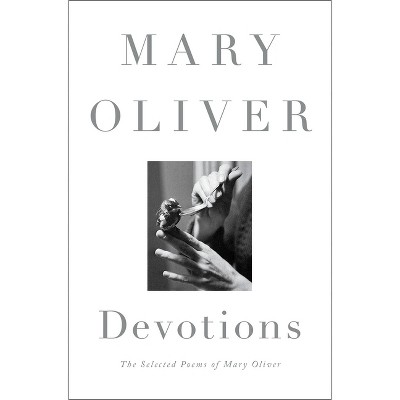William of Ockham, Dialogus - (Auctores Britannici Medii Aevi) by George Knysh (Hardcover)

About this item
Highlights
- William Ockham intended the Dialogus to be a thorough examination (a "summa") of the doctrinal and political issues at stake during what in fact became the last major confrontation between Church and State in the waning period of the Western Middle Ages.
- About the Author: George Knysh studied at the University of Manitoba (B.A. University Gold Medal, 1959; M.A, 1962) and at the University of London (London School of Economics and Political Science, Ph.D. 1968) where he completed his dissertation on the political thought of William of Ockham.
- 444 Pages
- Philosophy, Religious
- Series Name: Auctores Britannici Medii Aevi
Description
About the Book
The defining critical text, Dialogus Part I, Book 6, of Ockham's masterpiece deals with the inquisition and punishment of a Pope betraying the fundamental principles of the Christian Commonwealth he rules. Ockham's comprehensive analysis relies on theology, canon law, and logic as the final arbiter.
Book Synopsis
William Ockham intended the Dialogus to be a thorough examination (a "summa") of the doctrinal and political issues at stake during what in fact became the last major confrontation between Church and State in the waning period of the Western Middle Ages. Part I of the project, entitled "Concerning Heretics", dealt with the problem of a Pope betraying the main values of his community, and the lengthy Book 6 described the consequent inquisition and punishment. The Dialogus is to Ockham what The Republic is to Plato or the Leviathan to Hobbes. It is one of the great treatises in the history of political thought. Cast in the form of a discussion between a master and a student, while primarily focusing on the concrete events of its time, it enunciates general principles which are easily adaptable to any socio-political situation involving human political interaction.
About the Author
George Knysh studied at the University of Manitoba (B.A. University Gold Medal, 1959; M.A, 1962) and at the University of London (London School of Economics and Political Science, Ph.D. 1968) where he completed his dissertation on the political thought of William of Ockham. He went on to become Professor of Political Theory at the University of Manitoba in the Department of Political Studies, from 1964 to 2007. He joined the British Academy's Ockham Dialogus project in 1998.
Shipping details
Return details
Trending Poetry

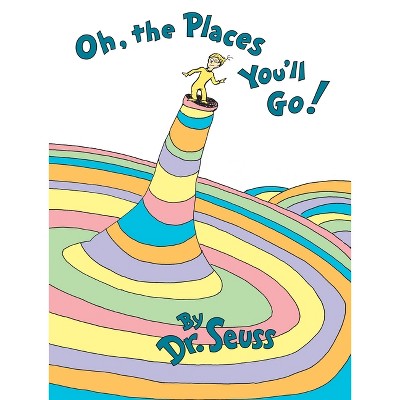



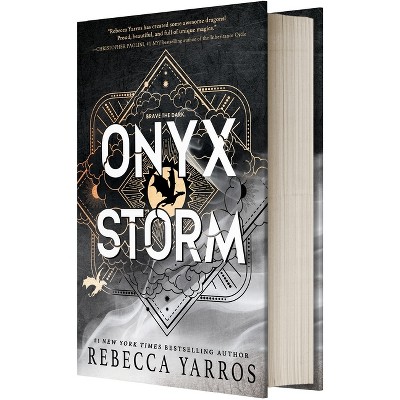
Discover more options
